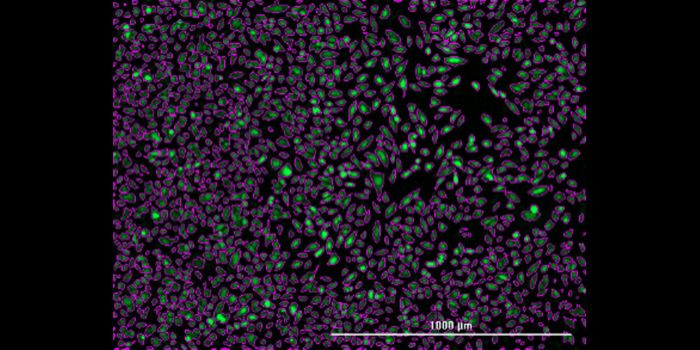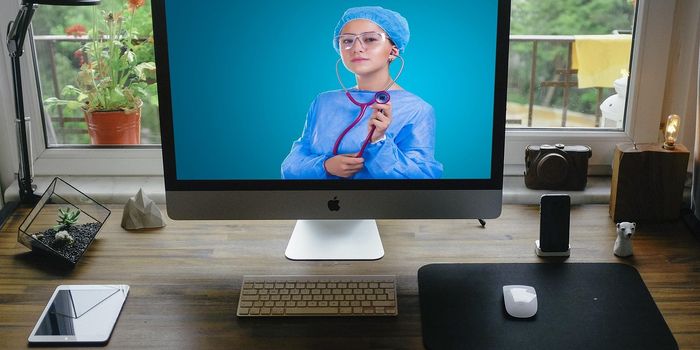Surgeons Call for Mammograms for Younger Women, "Prioritize Life"
In the spring of 2019, the American Society of Breast Surgeons (ASBrS) released new mammogram guidelines that call for women with average risk to start getting annual mammograms at age 40.
"Routine screening for women age 40 to 49 has been unequivocally demonstrated to reduce mortality by 15 percent," ASBrS president Dr. Walton Taylor said in a news release.
ASBrS also recommends that every woman has a formal risk evaluation by age 25. More individualized risk assessments are a key element of the new suggested system. For example, it states women who are found to have a predicted lifetime breast cancer risk of 20 percent or higher should begin mammography screening, and possibly supplemental MRI imaging, when they are 35. If women have breast cancer-related genetic abnormalities, the breast surgeons’ group says these types of imaging procedures should start at age 25.
These new guides are different from those of the U.S. Preventive Services Task Force (USPSTF), which now calls for a first mammogram screening between the ages of 40 to 50 years, and from the American Cancer Society, which has chosen a starting age of 45.
Taylor said the USPSTF guidelines are based on “an 'efficiency' statistical model that also considers the impact of potential screening risks,” like cost and the stress of false-negative or -positive results.
Dr. Julie Margenthaler described the new ASBrS guidelines as being based instead “on a 'life-years gained' model. Margenthaler is a professor of surgery at Washington University School of Medicine and directs breast surgical services at the Siteman Cancer Center. "They are based solely on the demonstrated breast cancer survival benefits. The ASBrS prioritizes life,” she said.
The new recommendations align with those of the American College of Radiology (ACR) Commission on Breast Imaging. Dr. Dana Smetherman is chair of this commission, and she said, "Catching more cancers early by starting yearly screening at age 40 -- rather than less frequent or later screening -- increases the odds of successful treatment and can preserve quality of life for women.”
About one out of every eight women in the U.S. will develop invasive breast cancer during their lives, according to Breastcancer.org. As we recently reported, ASBrS also recently called for increased genetic testing for people with breast cancer.
If you haven’t had a mammogram before, the video below from the MD Anderson Cancer Center gives you a quick overview of what to expect. It recommends scheduling your yearly mammogram close to your birthday, so it’s easier to remember.
Sources: U.S.News, Breastcancer.org









